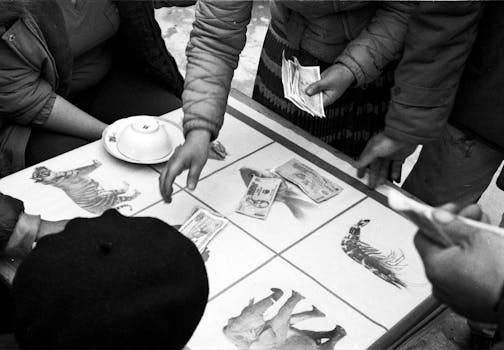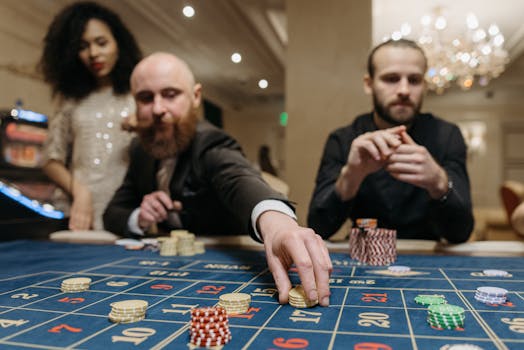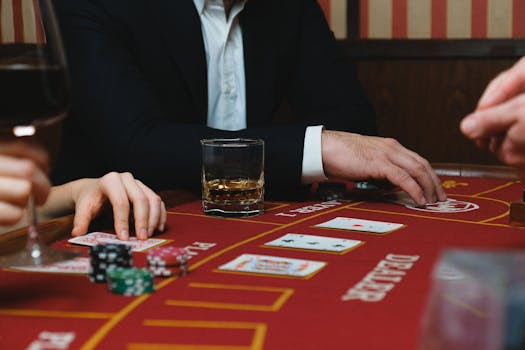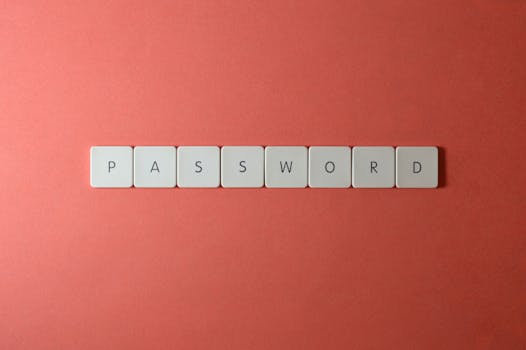Techniques to Manage Your Digital Gambling Addiction
In the digital age, gambling has transcended traditional boundaries, moving from physical casinos and bookmakers to online platforms accessible from smartphones and computers. This shift has led to a rise in digital gambling addiction, a serious issue that can have profound emotional, financial, and social consequences. Understanding and managing digital gambling addiction is crucial for those affected and their loved ones. This article will explore effective techniques to manage this addiction, providing practical advice and insights for recovery.
Recognize and Acknowledge the Problem
The first step in managing any addiction is acknowledging its existence. Many people struggle to admit they have a problem due to stigma or denial. Recognizing the signs of digital gambling addiction is key. These can include spending excessive amounts of time and money on online gambling, neglecting responsibilities, and chasing losses despite adverse consequences.
Advantages:
- Early recognition leads to earlier intervention, which can prevent the escalation of the addiction.
- Admitting to a problem can be challenging and may lead to emotional distress or social stigma.
- Helps manage the urge to gamble by removing the temptation or making access more difficult.
- Empowers individuals by giving them control over their gambling habits.
- Relies on self-discipline to set and respect the limits.
- Some tech-savvy users may find ways around blockers.
- Provides access to experienced professionals who understand the complexities of addiction.
- Support groups offer a community of individuals facing similar challenges, which can enhance motivation and reduce feelings of isolation.
- Cost and availability might be prohibitive for some individuals.
- Some may feel embarrassment or stigma associated with seeking professional help.
- Helps to fill the void left by reducing gambling activities.
- Promotes physical, mental, and emotional well-being.
- It may take time to find enjoyable and fulfilling activities.
- Initial attempts at replacement activities might not always provide the same level of excitement as gambling, potentially leading to relapse.
Disadvantages:
Practical example: A person might start tracking their gambling habits and outcomes, which can provide clear evidence of the addiction's impact on their life.
Setting Limits and Using Gambling Blockers
Once the problem is acknowledged, setting limits on gambling activities can be an effective management technique. Many online gambling sites offer tools to set limits on the amount of money and time spent. Additionally, installing gambling blockers on electronic devices can prevent access to gambling websites and apps.
Advantages:
Disadvantages:
Practical example: Apps like BetBlocker or Gamban offer services that block users from accessing thousands of gambling websites.
Seeking Professional Help
Professional help can be invaluable in managing digital gambling addiction. This can include therapy, counseling, or joining support groups like Gamblers Anonymous. Cognitive Behavioral Therapy (CBT) is particularly effective in treating gambling addictions by helping to change the thoughts and behaviors associated with gambling.
Advantages:
Disadvantages:
Practical example: Therapy sessions might focus on identifying triggers that lead to online gambling and developing strategies to cope with these triggers.
Developing Alternative Activities and Interests
Replacing gambling activities with healthier alternatives is crucial for long-term management. Engaging in hobbies, physical activities, or social events can provide fulfillment and distract from the urge to gamble.
Advantages:
Disadvantages:
Practical example: A former gambler might take up a sport like cycling or a creative hobby such as painting, using these activities as therapeutic outlets.
Conclusion
Managing digital gambling addiction requires a multifaceted approach. Recognizing the problem, setting practical limits, seeking professional help, and finding healthy alternatives are all viable strategies that can work together to combat this addiction. It is important for individuals struggling with digital gambling addiction to reach out for support and take proactive steps towards recovery. For more resources and support, visit websites like Gamblers Anonymous or speak to a healthcare professional. Remember, the path to overcoming addiction is a journey, and taking the first step is a sign of strength, not weakness.

.png)





